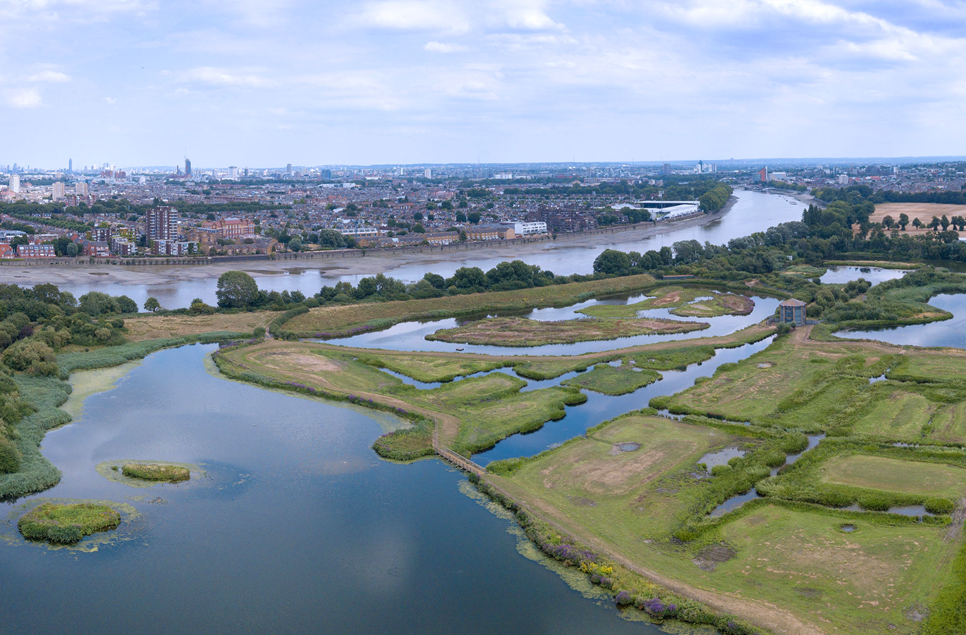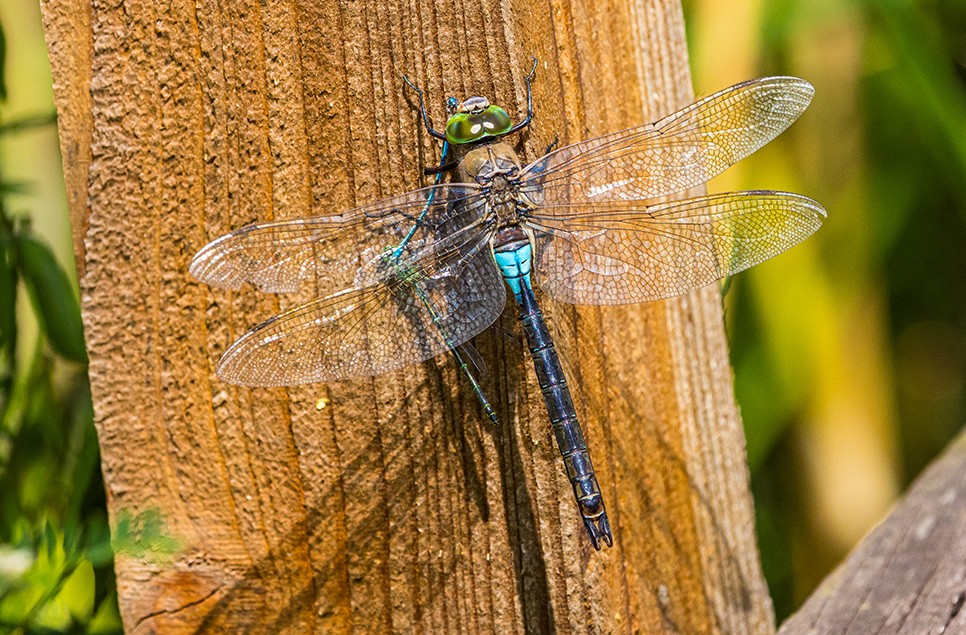Politicians, businesses and environment groups meet to launch ambitious Blue Recovery plan
Government, politicians, environmental organisations and businesses today attended the online launch of WWT’s Blue Recovery.

Government, politicians, environmental organisations and businesses today attended the online launch of WWT’s Blue Recovery. The plan calls for the restoration and creation of 100,000 hectares of wetlands across the UK (equivalent to nearly three times the size of the Isle of Wight) to help tackle today’s climate, nature, and wellbeing crises, and to ‘build back better’ after Covid 19.
At the event, the Wildfowl and Wetlands Trust (WWT) called for pledges of support for its Blue Recovery initiative from government, business, landowners, private investment and environmental organisations prior to a public launch later in the year.
It was hosted by Siobhan Baillie MP, whose Stroud constituency includes WWT’s Slimbridge headquarters. She said:
As a member of WWT, I applaud this exciting initiative because we must act to save wetlands as invaluable ecosystems. England alone has lost around 90% of its wetlands over the last 500 years. Such devastating loss of habitat is contributing to the environmental crisis we face today.
“But we cannot succumb to doom and gloom. The Blue Recovery plan provides a real opportunity to address these challenges through restoring and creating healthy new wetlands at scale. I am delighted to be supporting WWT and starting an All Party Parliamentary Group for wetlands. I look forward to seeing the progress in the years to come.”
Speakers included:
- Martha Rojas Urrego, Secretary-General of the Ramsar Convention on Wetlands
- Rebecca Pow MP, Parliamentary Under Secretary of State at the Department for Food, Environment & Rural Affairs (Defra)
- Tony Juniper, Chair of Natural England
- Christine McGourty, Chief Executive of Water UK
- Dr James Robinson, Director of Conservation at WWT
- A film featuring actor and activist Sir Mark Rylance and Kate Humble, President of WWT
At the event, Dr Robinson described the Blue Recovery plan in detail, outlining the networks of nature-rich wetlands WWT is calling for to help solve the environmental and societal issues affecting us all. These are networks of:
- healthy coastal saltmarshes, such as that at WWT’s reserve on the Steart Peninsula, which store more carbon, more quickly than other habitats, thus slowing climate change
- inland rural wetlands for natural flood management which uses these habitats to slow the flow and hold water back - such as WWT’s Government-backed project in west Somerset. This is a proven, effective and low-cost way to help reduce flood risk
- urban wetlands - such as WWT’s project to restore the Salt Hill Stream in Slough - can be even more beneficial for wellbeing than green spaces
- treatment wetlands, many of which WWT has designed and installed, are filtering out a wide range of pollutants and helping to bring life back to rivers and other water bodies
In the year the UK is hosting the UN Summit on Climate Change (COP 26) in Glasgow, Dr Robinson outlined how a Blue Recovery can help the Prime Minister demonstrate global leadership. And help deliver the UK Government’s own 25 Year Environment Plan, by capitalising on wetlands’ wide range of natural ‘services’, and including them front and centre in the proposed Nature Recovery Network (a national network of wildlife-rich places to increase and restore nature).
Dr Robinson commented:
The benefits provided by wetlands, ranging from climate change mitigation to flood risk control, are significant and far outweigh those of many other habitats. They are biological super systems.
The UK Government needs to recognise this. We need a green recovery, with a blue recovery at its heart, where the restoration and creation of 100,000 hectares of wetlands is a priority. This wetland network would provide significant natural services for communities and business whilst creating vital habitats for threatened wildlife.
The climate, nature and wellbeing crises affect us all – but we can do something about it, and investing in wetlands is one of the best ways to do this. From our wild and windswept coastlines to our crowded, concrete jungles, we all stand to gain so much from putting nature-rich wetlands back into our lives.
Christine McGourty, Chief Executive of Water UK, said:
As a sector that is rooted in the environment, we believe that wetlands and other nature-based solutions will play a key role in our commitment to delivering a net zero water supply for customers by 2030.
Our industry pilots have shown that as well as providing a natural solution to filtering water, scaling these up can also deliver wider benefits, providing new habitats and beautiful outdoor spaces while providing a natural defence against the impacts of climate change.
Find out more about a Blue Recovery
100,000 hectares of wetlands, to fight climate change, restore our wellbeing and help nature recover.
Read more


